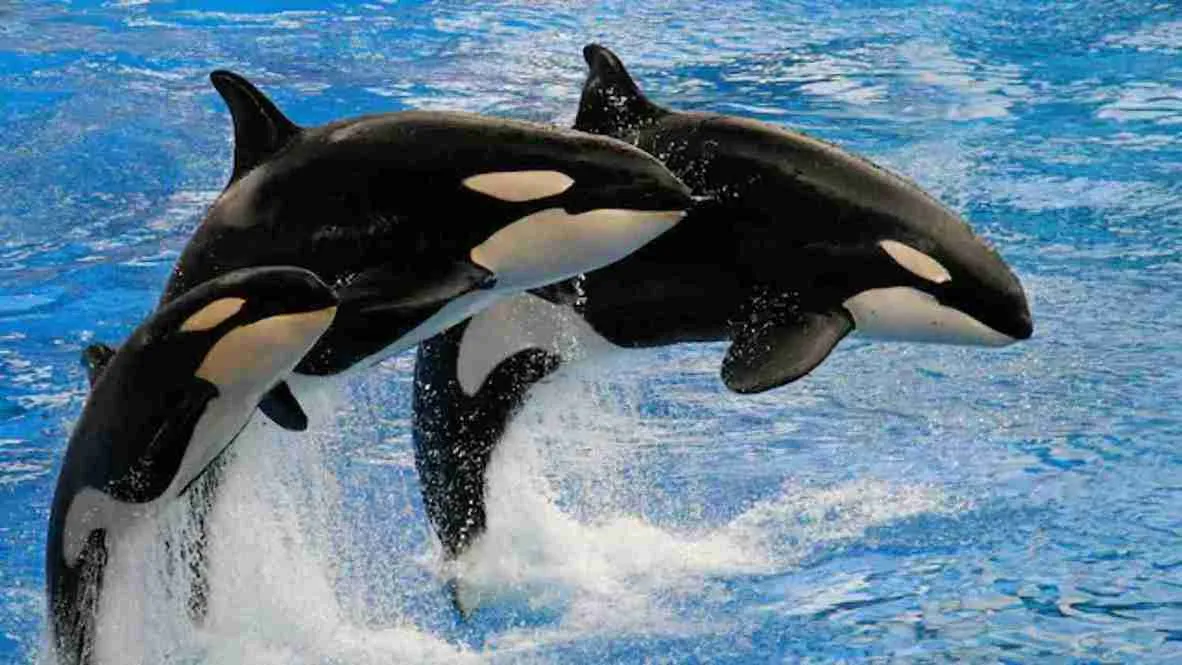In October 2023, a 4.7-meter-long great white shark washed ashore near Portland, Victoria, Australia, with missing internal organs, including its liver, digestive system, and reproductive organs. The precise nature of the injuries left researchers puzzled about what could have caused such targeted damage.
Recently, citizen scientists reported spotting a pod of killer whales in the area, including two well-known orcas, Bent Tip and Ripple. Their presence led scientists to suspect that orcas might have played a role in the shark’s death.
DNA Evidence Confirms Orca Predation
To confirm their suspicions, researchers analysed DNA samples collected from the shark’s distinctive bite wounds. Their findings, published in Ecology and Evolution, revealed clear evidence of orca predation. The most prominent wound, a 50-centimeter-wide bite near the shark’s pectoral fin, contained killer whale DNA. Additionally, genetic material from broadnose sevengill sharks—known scavengers—was detected in some smaller bite marks.
This marks the first confirmed case in Australian waters where DNA evidence proves orcas prey on great white sharks. In a similar incident in South Africa, an orca was observed disabling a great white shark and consuming its liver in under two minutes.
Orcas’ Hunting Behaviour and Preference for Shark Livers
Lead researcher Isabella Reeves from Flinders University noted that both killer whales and great white sharks are apex predators. She explained that the Victoria shark carcass had four distinctive bite wounds, one of which showed that orcas had deliberately removed its liver.
“This suggests we are likely underestimating how often and where this behaviour occurs,” Reeves stated.
Marine scientist Dr. Rebecca Wellard from Project ORCA and Curtin University highlighted that orcas, as highly intelligent predators, hunt efficiently due to their strong social bonds and coordinated teamwork. Their strategic hunting techniques enable them to take down even the largest marine animals, including blue whales.
Meanwhile, Dr. Olaf Meynecke, a marine ecologist at Griffith University, pointed out that orcas often target specific body parts, such as whale tongues and shark livers. While the reason for this preference remains unclear, he speculated that orcas might be compensating for a nutritional deficiency.
This discovery provides crucial insights into orca behaviour and emphasises the need for further research to understand the full extent of their predation on sharks in Australian waters.



















